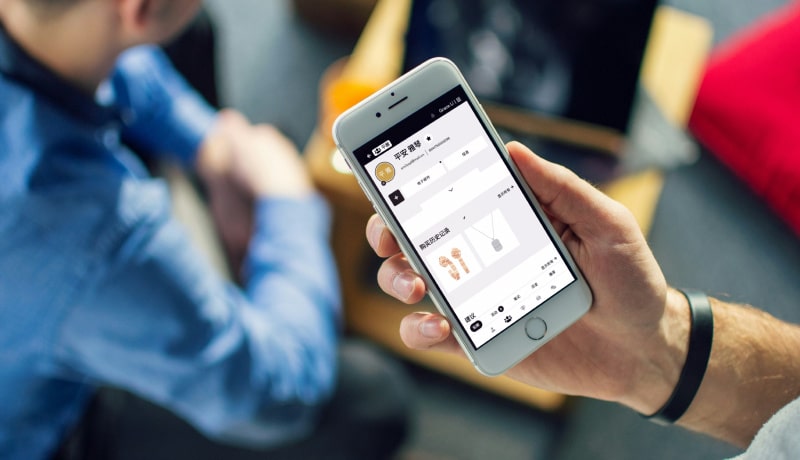Clienteling in China
22/01/2024 | by Kris Moyse

As a global retail software provider, Proximity has always had customers, partners and technologies aligned with the Chinese market. The introduction of PIPL became a critical blocker to us as a Salesforce partner, as without local China servers, it was impossible to comply with these new regulations.
The recent launch of the Salesforce and Alibaba partnership now available in China marks an exciting time for Proximity. This new partnership allows us to deliver truly global clienteling solutions, with full PIPL compliance.
Key takeaways
Our team recently spent time in Shanghai with Salesforce, clients, partners and prospects. Here are our core findings (some learned, some re-enforced);
- Technology in China is particularly nuanced compared with other countries
- Due to these intricacies, a lack of global clienteling providers has resulted in a specific toolkit of local technologies
- WeCom (WeChat for business) has taken the lead as the clienteling platform of choice for retailers
- As with other social platforms used for business globally, there are pros, cons and limitations with WeCom
- Retailers are looking for a clienteling solution with a global backbone that can also support local requirements
The technology
WeChat is a multi-functional social platform. Whilst messaging (1-1, broadcast, post “moments”) is a key feature, it’s users can also hail cars, share their location, play games, order food, make payments and transfer money, take out loans, top up mobile plans and many many other things. From a retail point of view, eCommerce on WeChat is a booming business and has fast become one of the most important eComm platforms in China.
With that said, it is obvious why WeCom is the leading technology for clienteling, and compared with other social messaging tools used globally for business it is very feature rich, but of course there are pros and cons.
PROS of WeChat
- WeChat is by far and away the most popular social platform in China, with over 845 million users in China (60% of the total Chinese population!)
- As a Retailer, using the business version of WeChat means they can communicate easily to their customers with via the customers preferred communication channel
- WeCom has smart controls on privacy
- It does not allow spamming through marketing automation tools
- It allows 1-1 relationships between store associates and consumers
- Has the ability to sync to and from back end systems
- Mini programs can be embedded to allow for additional features to be run within the app
- Is feature rich, providing it’s users an “all-in-one” experience
- It can accept payments into corporate accounts
- Wecom has the ability to do video calling and live streaming to cater for virtual communications
- Customer information lives in the Company WeCom platform, not store associates personal WeChat accounts
CONS of WeChat
- Limited native functionality to build complete customer profiles
- No ability to create customer journeys and triggers
- Does not allow full access to customers social profiles (i.e. WeChat Moments)
- Custom reporting tools are missing
- Operates differently within China and Internationally, some features not available outside of China
- Level of government control on platform operations
- Encryption and security measures are not as strong as other platforms
- Not a global social platform, it is not heavily adopted outside of China
IN CONCLUSION
Proximity is on a journey, creating a clienteling solution that takes the best from Salesforce, Alibaba, WeCom and Proximity. This will be the best solution for every retailer using Salesforce globally and are looking to set the standard of Clienteling in China by combining WeCom with Proximity’s global Clienteling backbone.
If you’d like to hear more about our capabilities, or chat to our team about your requirements, book a demo today.